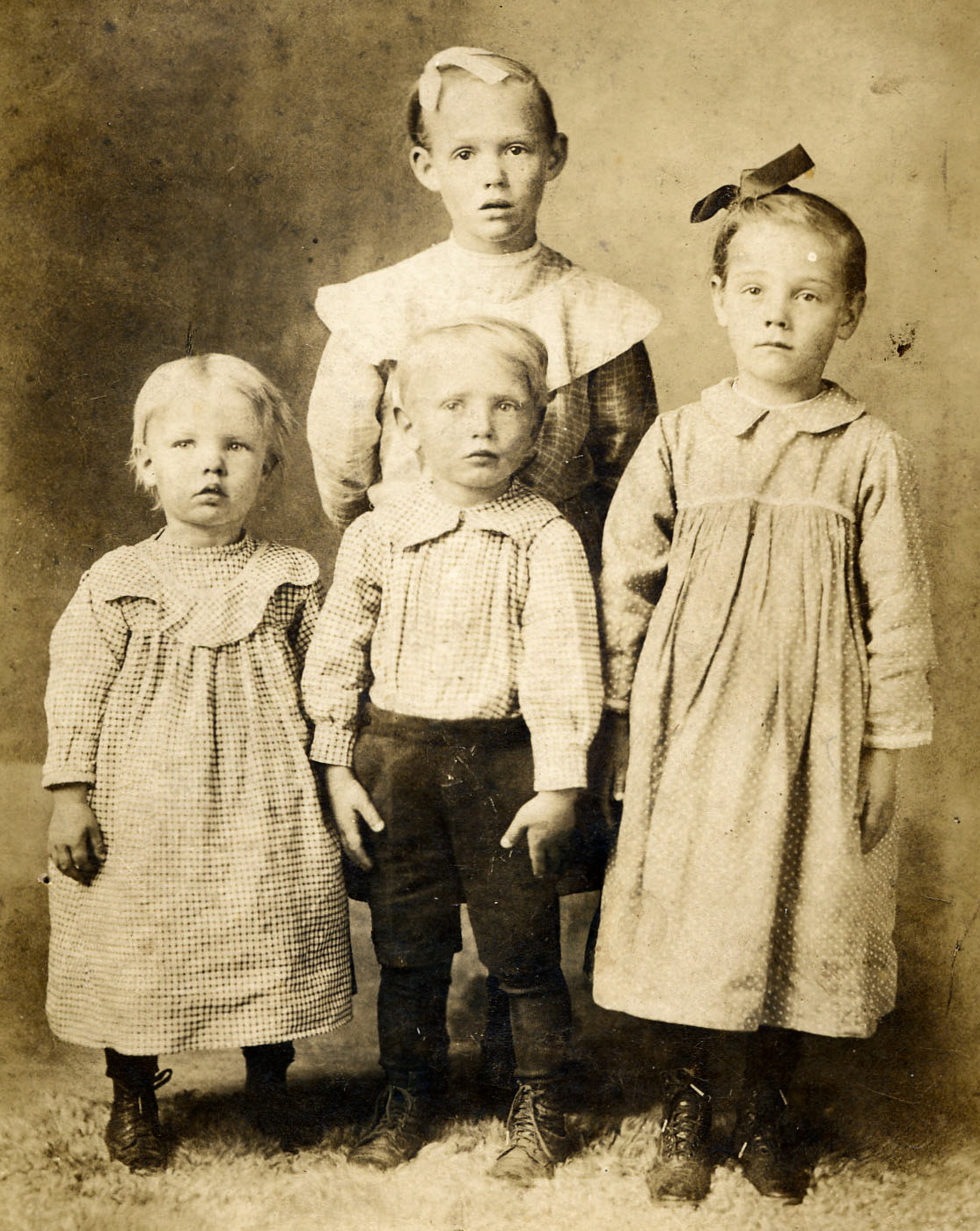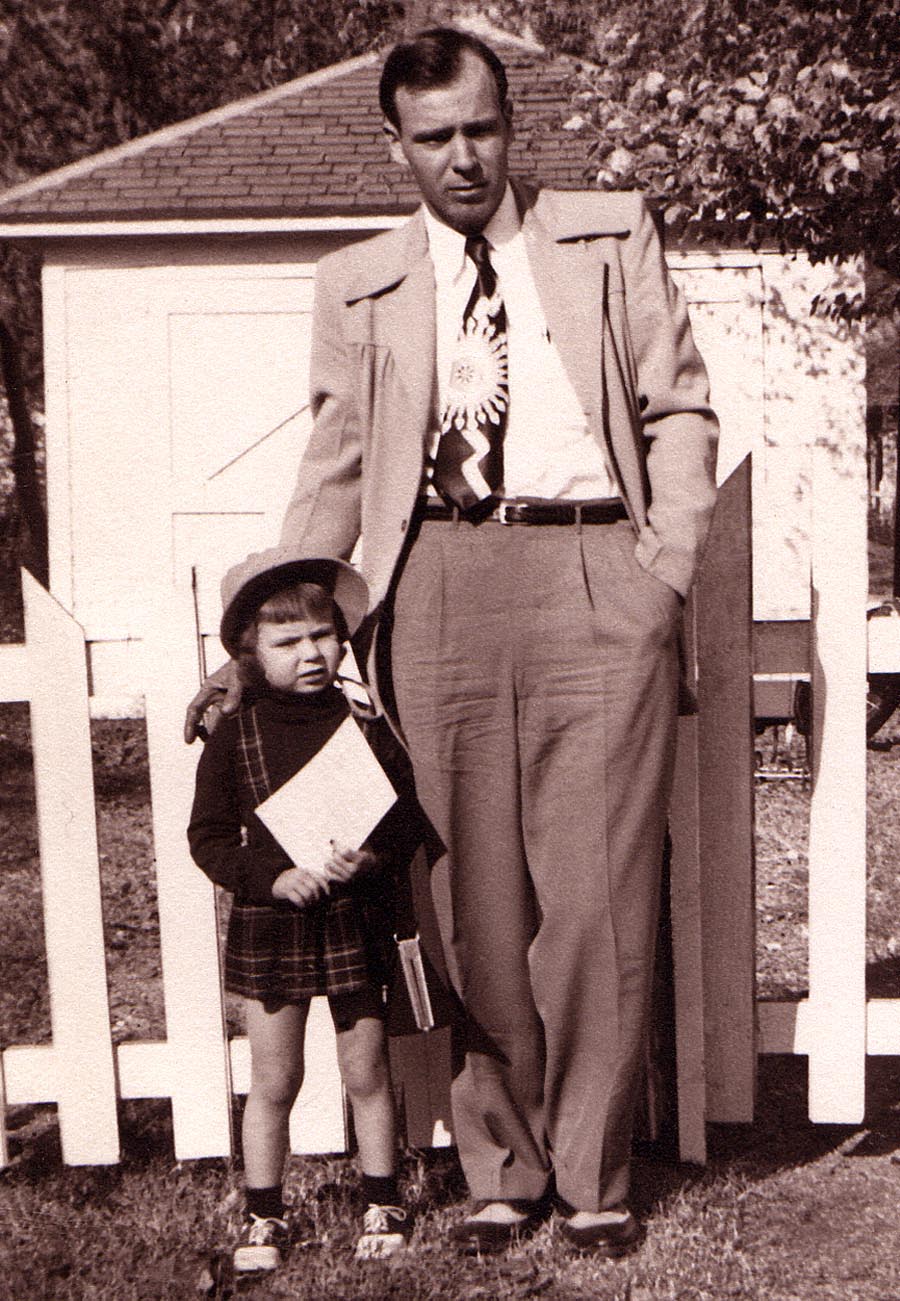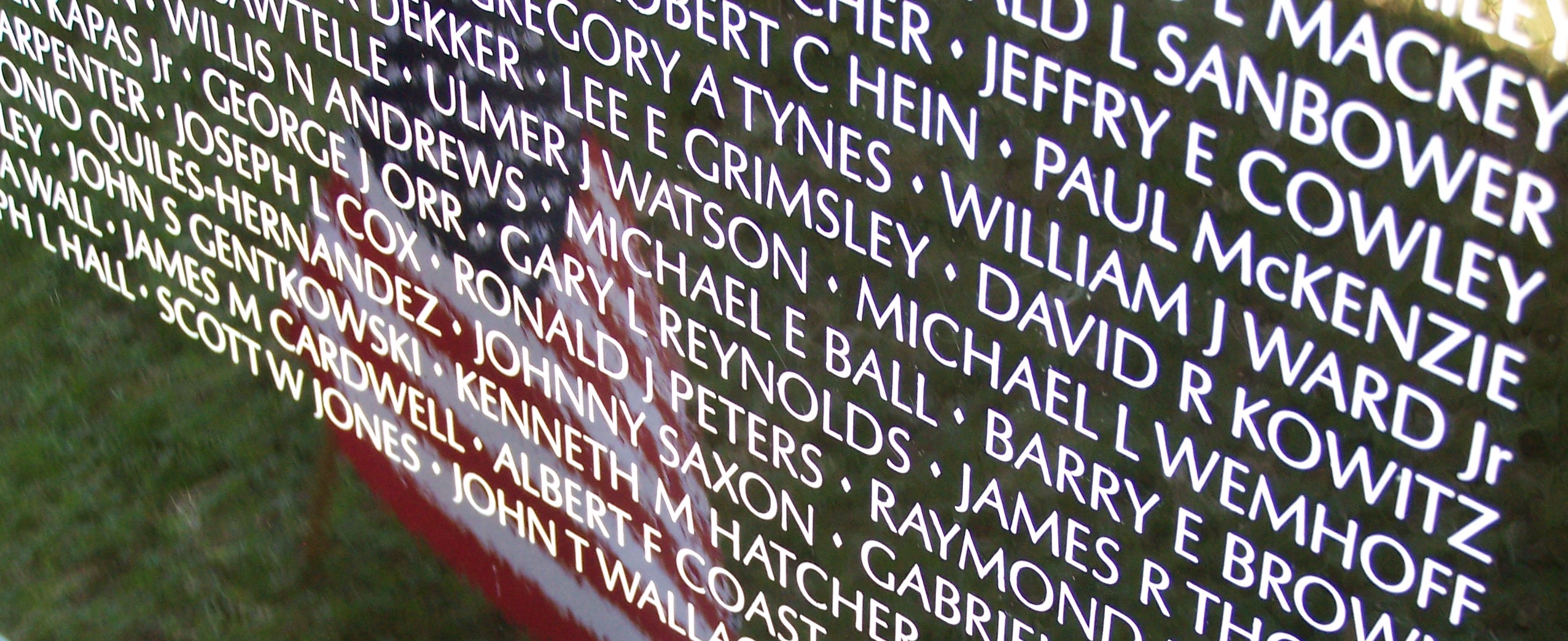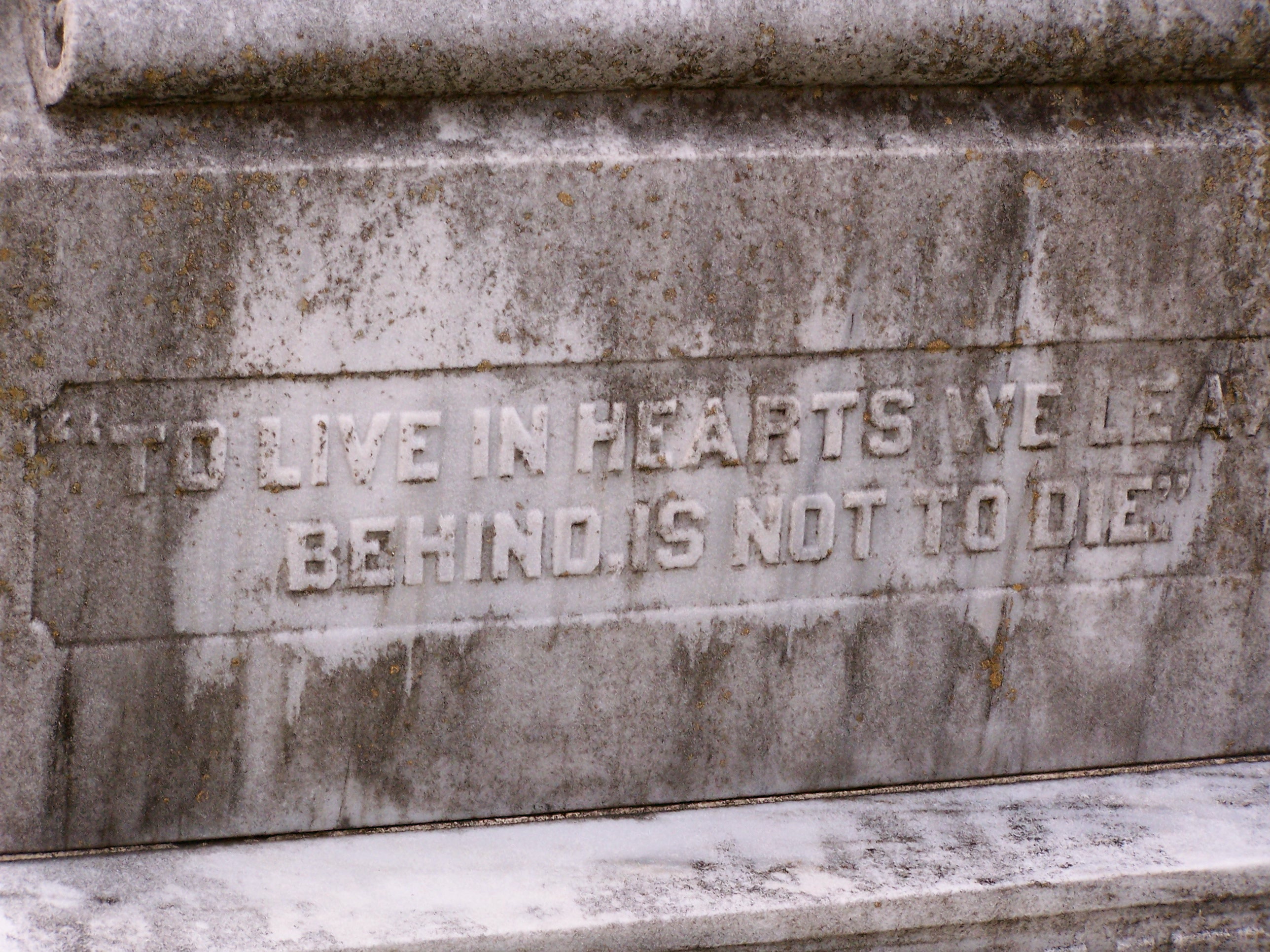Conversation may be the beginning of connection. Continuing the conversation is a way to deepen connection. I suppose not every conversation needs to be continued. Maybe some are pretty complete in and of themselves. But those that bring understanding and growth? I think we are in desperate need of continuing those.
I wondered which GrowthLines conversations were waiting to be continued. I wanted to see which posts struck the deepest chord with readers. I was a little surprised to discover that Dominoes falling, had been viewed more times than any other. I reread the words looking for clues to their impact.
more times than any other. I reread the words looking for clues to their impact.
When the dominoes of life start falling, words have the power to help and to heal. Words offer understanding. They give us permission to stumble in our grief. Words bear witness to what we already know by experience. That loss will come, over and over again, and will lay us low. We need those words of understanding, both silent and spoken when we’re swept under waves of loss and grief.
Maybe we also need words that bear witness to what we’re not so certain of. That we can stand again. That we can pull ourselves upright. Put one foot in front of the other. And begin to walk, again. Choose to sit and speak words of com fort to someone today. And when they are ready to rise and walk, stand with them and speak words of hope and encouragement. I know we will fall under the weight of loss. I believe we can stand again.
fort to someone today. And when they are ready to rise and walk, stand with them and speak words of hope and encouragement. I know we will fall under the weight of loss. I believe we can stand again.
“The art of conversation is the art of hearing as well as of being heard.”
― William Hazlitt, Selected Essays, 1778-1830













